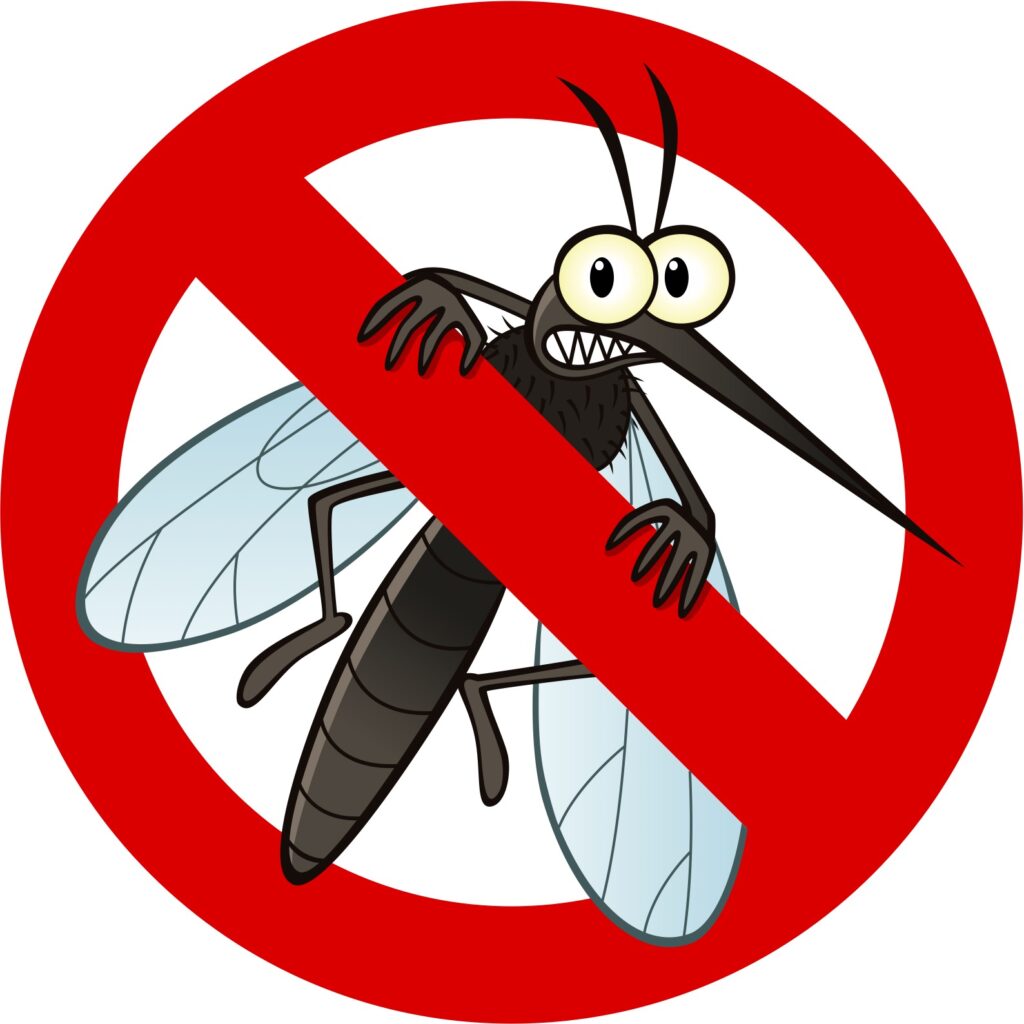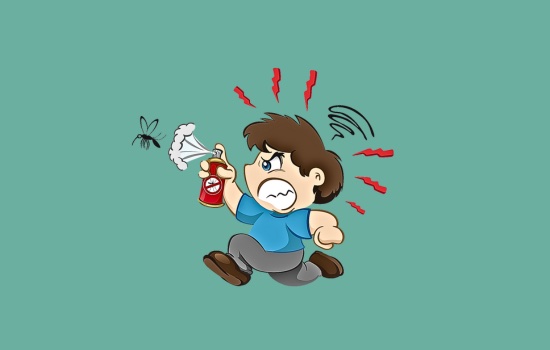In a Nutshell:
The Zika virus still exists and it’s something that pregnant women and women trying to conceive should keep on their radar.
What is the Zika Virus?
It’s a virus carried by a specific species of mosquito – the Aedes species – which thrives in tropical and subtropical places.
Although the Zika virus made major headlines in the U.S. in 2016, it was actually first identified in monkeys in 1947 and in humans in 1952.1
Why Did the Zika Virus Become Such a Newsworthy Topic?
The Zika virus scared the daylights out of everyone because it was found to cause miscarriages, stillbirths, and microcephaly (a small head) in newborns infected in the womb.
It has also led to Guillain-Barre syndrome (a nervous system problem) in a small number of children.
How is the Zika Virus Spread?
Zika-infected mosquitoes bite people and transmit the Zika virus to them. When this happens, the Zika virus can be passed from person-to-person via blood transfusions, sex, or through the placenta during pregnancy.
Insider Info:
The Zika virus is tricky because it causes only mild symptoms (think: a fever, joint pain, muscle pain, a rash, and eye redness) in pregnant women. As a result, pregnant women can pass the virus on to their developing babies without even realizing they’re infected.
What Precautions Can I Take to Avoid Getting Zika?

Fortunately, the mosquitoes in the U.S. don’t typically carry the Zika virus. It’s a different story abroad, however.
The CDC (the Centers for Disease Control and Prevention) says that after being in a known Zika-infected country, women should wait at least 2 months before trying to conceive and men should wait at least 3 months.
This means that a woman can try to get pregnant 2 months after the potential exposure (if she was the only one who traveled). However, if her male partner was the one who went to the Zika-infected country OR if they traveled together, they need to wait 3 months before trying to conceive.
Here’s a link to a map of Zika-Infected countries.
If It’s Mosquito Season and You Have Go to a Zika-Infected Country (or You Live in One), Try the Following:
1. Wear long-sleeved shirts and pants.
2. Be diligent about bug spray.
Insider Info: Studies show that bug sprays that contain Picaridin OR that have less than 30% DEET (N, N-diethyl-m-toluamide) are safe to use during pregnancy.
3. Stay indoors during prime mosquito feeding times (think: dawn and dusk).
4. Get rid of any standing water around the home.
Why? Because mosquitoes love to congregate around pools of water.
5. Keep your windows and doors closed or invest in window screens & door screens to keep the mosquitoes out.
Common Question: Can I Get Tested for the Zika Virus if I Just Returned From a High-Risk Zika Area and Want to Start Trying to Get Pregnant?
Yes, talk to your doctor about this.
The Bottom Line
Although the Zika virus has received a ton of media attention in recent years, it’s basically nonexistent in mosquitoes in the U.S. The Zika infections in the U.S. are primarily due to travel to high-risk Zika countries. Therefore, avoid going to these high-risk countries if you’re pregnant or if you’re planning on becoming pregnant. If you do get bitten by a mosquito in a high-risk Zika country, let your doctor know, so they can do a blood test to see if you’re positive for the virus.








